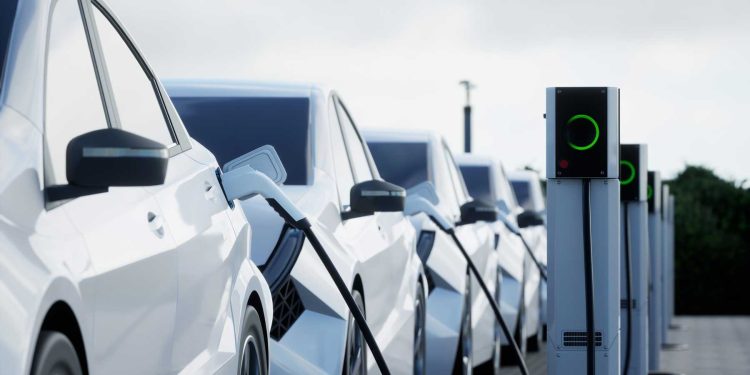This Gamechanger Could Charge up Africa’s EV Ownership
Automakers are bundling home chargers, rebates and finance options to cut adoption friction and bring EVs within reach of Africa’s middle class.
Bonface Orucho, bird story agency
Africa’s EV playbook is shifting from pilots and municipal chargers to price-led, bundled ownership models designed to lower adoption friction for middle-class buyers. Chinese automaker BYD has become the latest to demonstrate this trend with the launch of the Dolphin Surf in South Africa at a headline price of R339,900 (under US$20,000). According to launch materials, the Dolphin Surf comes bundled with a 7kW wall-box, a portable charger and an early-buyer rebate. The package, framed as a “single ownership solution,” is designed to neutralise first-time owner frictions and make the car usable from day one.
“The Dolphin Surf has already shown how this commitment delivers an accessible EV with no compromise on safety,” BYD said in a statement, highlighting its five-star Euro NCAP rating.
Charging remains the sticking point for many African buyers. Industry guides show a turnkey 7kW home-charger installation in Gauteng typically ranges from R8,000–R15,000, rising sharply when meter upgrades or earthing are required. This uncertainty is why some brands now include wall boxes and installation in point-of-sale offers. MINI South Africa, for example, advertises a complimentary home charger with selected EV models.
BYD’s explicit inclusion of a home charger sets a precedent in bundling, an approach already used by rivals like GWM in global markets. Industry analysts say such sweeteners are becoming standard tools to nudge undecided buyers. According to Joel Masiyiwa, Researcher of the African Energy Futures Lab, “bundling can flip EV ownership from a logistical headache into an immediately usable product.”
“When dealers absorb installation complexity and pair that bundle with accessible finance and real after-sales support, conversion rates rise sharply,” he explained in a call.
“The longer-term test is whether local assembly, battery plants and dealer networks scale fast enough to keep prices low and servicing reliable outside major metros.”
<script src=”https://bird.africanofilter.org/hits/counter.js” id=”bird-counter” data-counter=”https://bird.africanofilter.org/hits/story/?id=2442&slug=africa-s-ev-playbook-is-changing-chargers-now-come-with-the-car” type=”text/javascript” async=”async”></script>
Other automakers are already copying elements of BYD’s playbook. Chinese rivals and regional dealer groups are pushing lower-cost EVs, often with local partners to strengthen after-sales support. A 2025 Reuters report highlights broad dealer expansion by Chinese brands in South Africa and across the region. BYD itself is rapidly extending its African footprint, most recently launching operations in Benin with CFAO Mobility. Partnerships with CFAO and Inchcape are central to its strategy of matching volume offers with credible distribution and after-sales capacity.
“This is a practical spine that makes a charger-plus-car promise believable outside major metros,” Masiyiwa said. “Without parts and certified installers, a bundled promise is just marketing.”
Beyond South Africa, supply-side shifts are also lowering costs. Morocco is building industrial plumbing around batteries and assembly, making cheap urban EVs more viable at scale. This month, Morocco secured US$5.6 billion for a 20 GWh gigafactory backed by China’s Gotion High-Tech, with plans to scale to 100 GWh.
“The project is about building an entire value chain in Morocco that serves Europe, Africa, and beyond,” said Khalid Qalam, Gotion’s Moroccan director.
Product-level signals are already visible. BYD’s Seagull and other compact models are resetting expectations of what an EV should cost in Morocco, though dealer-level charger bundles remain patchy. Egypt, meanwhile, is taking a policy-first route. Cairo has proposed subsidies of up to EGP 50,000 for the first 100,000 locally produced EVs, allocated EGP 1.5 billion toward automotive localisation in 2024/25, and is negotiating new incentives to attract battery and vehicle makers. Tesla’s formal entry into Morocco underscores a different play: infrastructure and premium-brand presence. By rolling out Superchargers in Casablanca earlier this year, Tesla confirmed its long-range confidence and high-end adoption, though its pricing keeps it in the premium tier.
“The next test for Africa’s EV market is whether brands, distributors and policymakers can systematise bundles across markets, ensuring affordability is matched by reliability at scale,” Masiyiwa noted.
bird story agency








